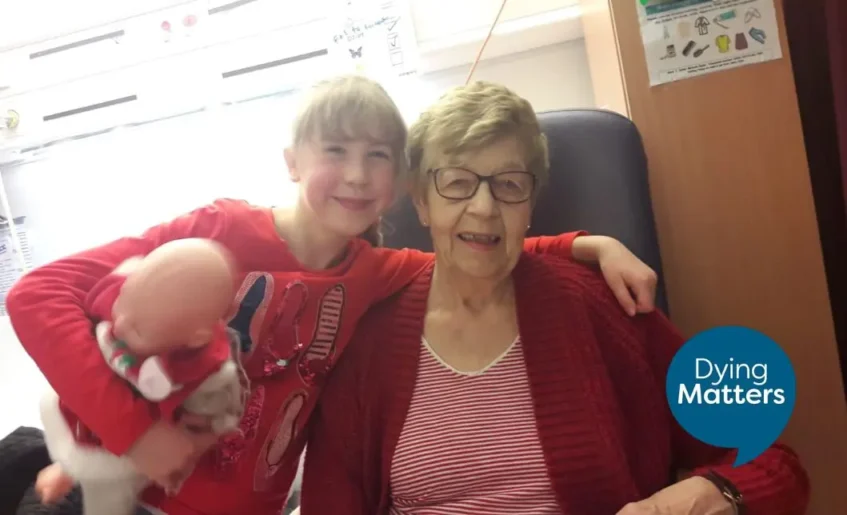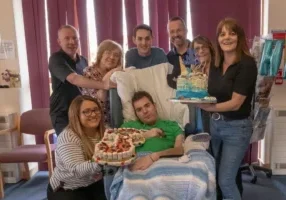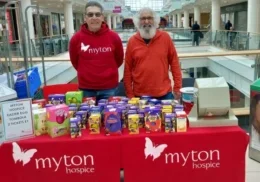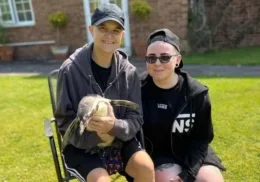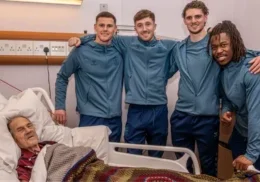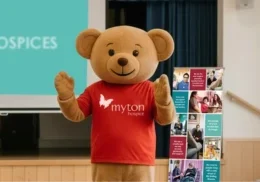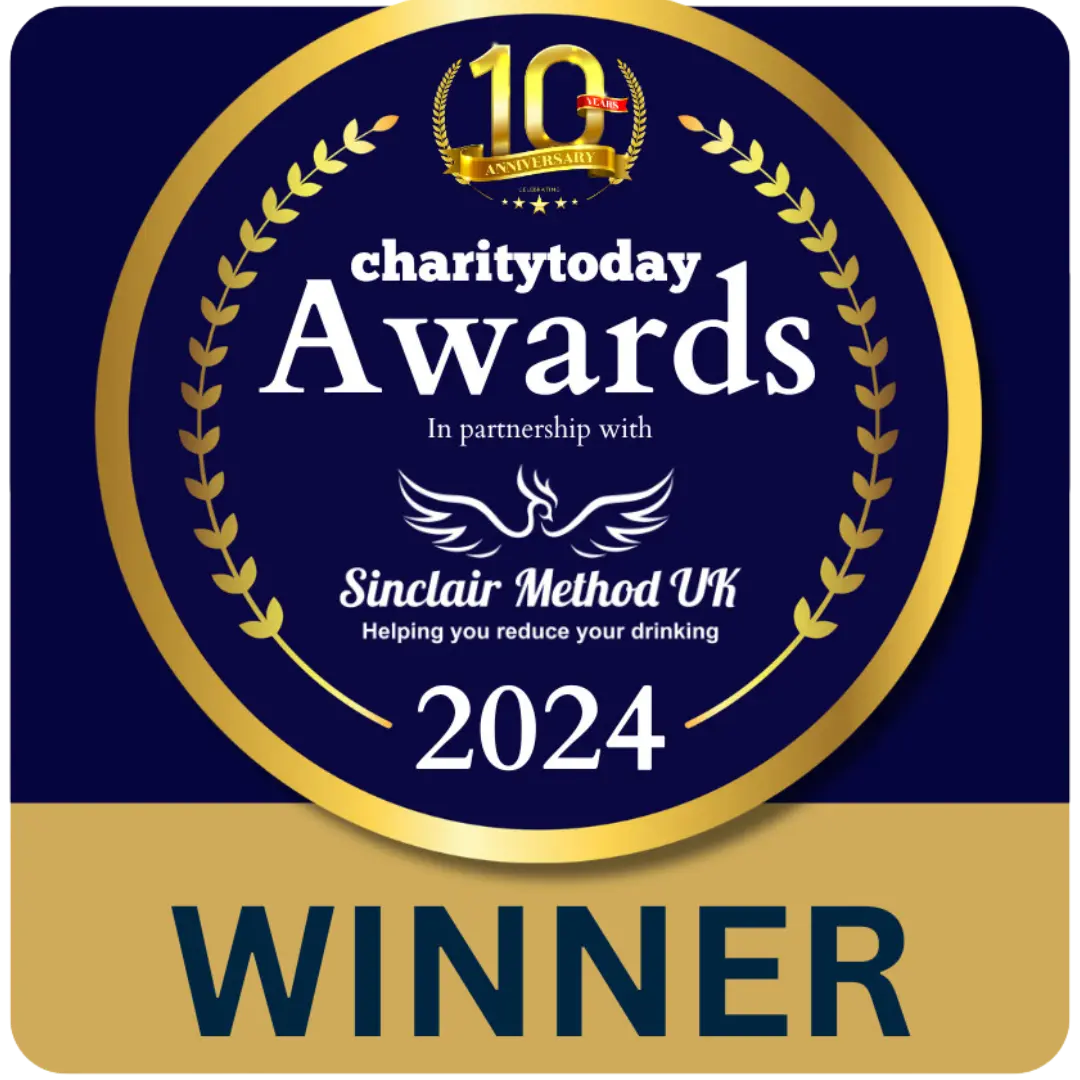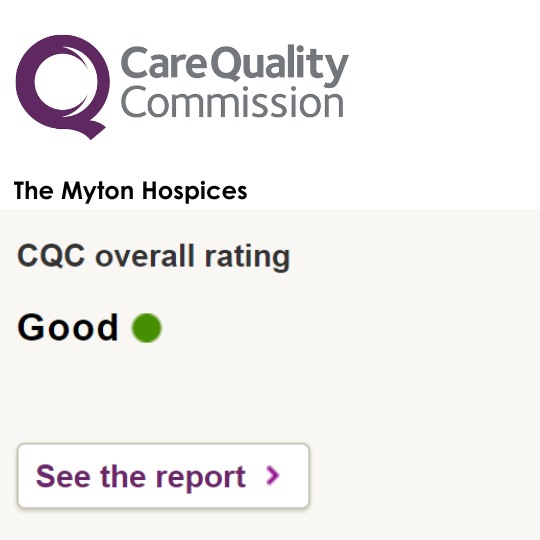Dying Matters Awareness Week encourages people around the UK to talk about death and dying in a way that is comfortable to them. This year’s theme is ‘The Culture of Dying Matters’. While every culture and faith have their own traditions and beliefs surrounding death, dying, and grief, these experiences are universal, bringing shared emotions and feelings that connect us all.
As part of Dying Matters Awareness Week, we have been asking our staff and volunteers ‘What matters most to you when it comes to death and dying?’. We want to encourage open and honest conversations about what is important to each of us and our loved ones at the end of life. For some, that might mean religious or cultural rituals. For others, it could be family traditions, personal values, or hopes for how they want their final days to be.
Find out more about Dying Matters Awareness Week HERE!
Take a look at what some of our staff and volunteers have shared in response to this question…
Dawn Swan, Facilities Administrator at The Myton Hospices, said:
What matters most to me when it comes to death and dying is showing respect in the way we present ourselves. I’m a Cockney – and I’m not sure if this is just a Cockney thing or something more universal – but for us, it’s tradition for us to scrub up well and wear our best black clothing. I even get the car cleaned!
For my sister’s funeral, I bought the most expensive coat I’ve ever owned – a classic Crombie style one. It was a sunny day, but I knew it had to be that coat. It took me ages to find the right one, and buying it turned out to be a real emotional release. We also wore lavender corsages because she loved them – a small detail, but it was deeply meaningful!
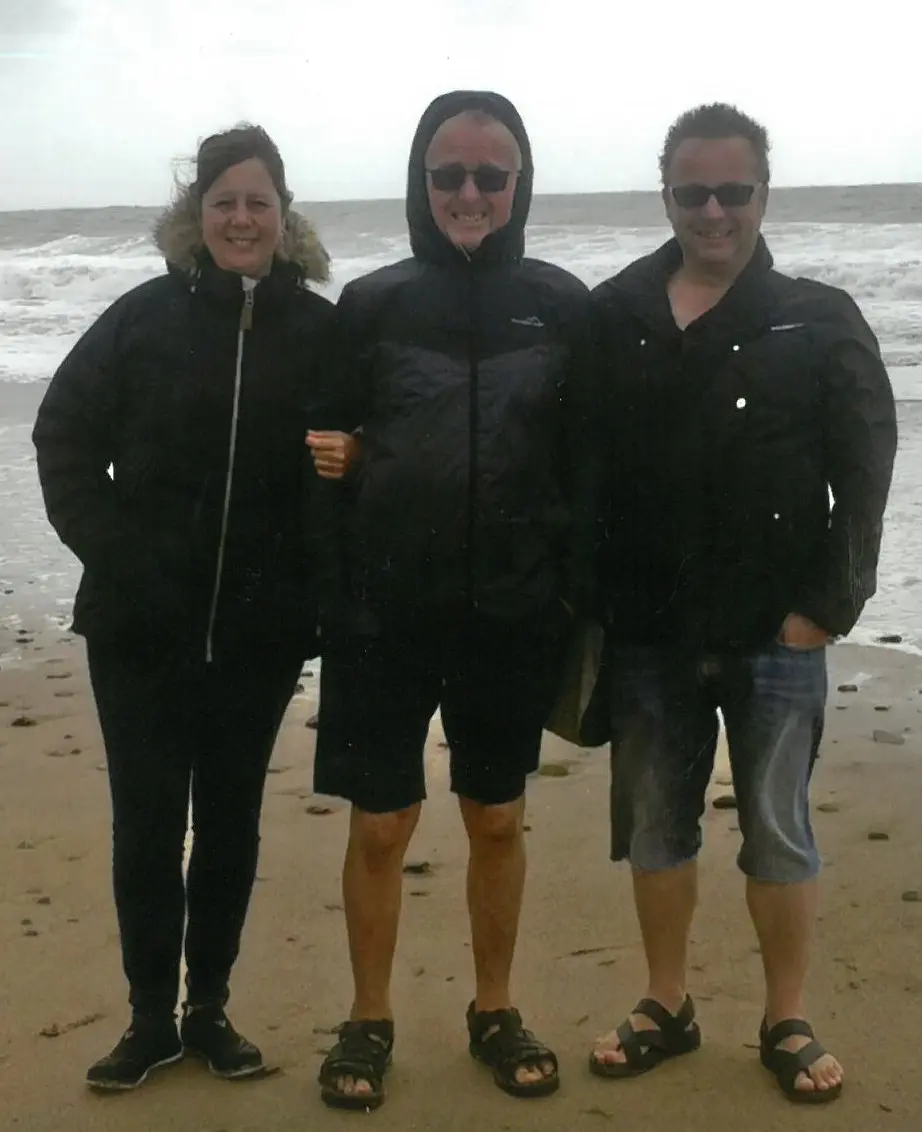
Helen Wetton, Executive PA at The Myton Hospices, said:
What matters most to me when it comes to death and dying is that my dad has a good death – one that is peaceful, pain-free and surrounded by family. My dad remarried when I was 22 and my step-mum had two young children. Whilst we saw each other regularly, we grew apart. I hadn’t really thought much about that until his diagnosis. Hearing the news that he had Motor Neurone Disease hit me hard. It reminded me that he is my dad, and that life can change in an instant.
As a family, we made the decision to prioritise quality time together and I now spend more time with him – especially on the days when my step-mum, who is a nurse, is working. Those times, just the two of us, have become incredibly special. We’ve had some lovely days out and short breaks together as a family, making memories we’ll treasure – for him now, and for us when he’s gone.
I’m also very grateful to know that Myton is here to support him, not only at the end of his life but through the wellbeing services too. He hasn’t needed to access those yet, but I know he will, and that support is there when the time comes.
My hope is that he can enjoy these times with his whole family for as long as possible and hold on to the memories we’ve made – and when the time comes, that he is cared for with compassion by Myton and the NHS. I want him to be comfortable in those final weeks and days, and ideally, to be able to die at Myton. I don’t expect special treatment because I work here, but I know how devastated I would be if we didn’t have a bed for him. I just want dad to be comfortable, pain-free and have his family around him.
After he dies, I want us to celebrate his life, to remember that he had two wonderful wives, four wonderful children, and four wonderful grandchildren. I don’t want to grieve him, but rather remember him as the man he was. I want us to remain close, to honour his memory by sharing it and keeping it alive.
His illness has reminded me that life is short, and things can change very quickly. It doesn’t just happen “to other people”, so we need to make the most of the precious time we have and spend it with the people we love.
I don’t fear death, it comes for us all. What matters is how you live. And now I understand, more than ever, what it means to want someone to have a good death.
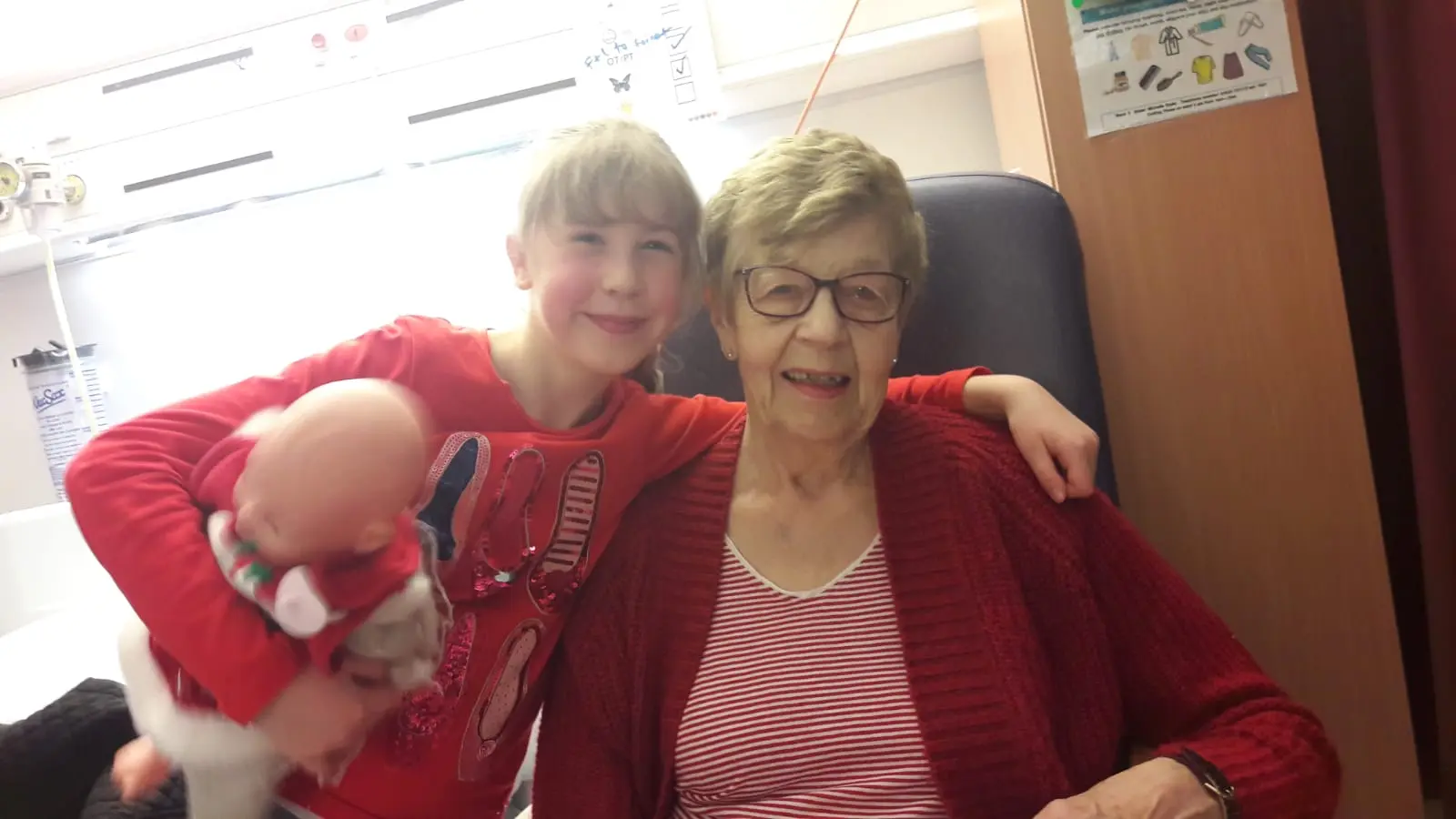
Sarah Guy, Counselling and Family Services Lead at The Myton Hospices, said:
What matters most to me when it comes to death and dying is believing in enduring connections with the person who has died, and continuing to value the relationship we shared, even though they are no longer physically present.
I keep that connection alive by talking about them, sharing happy memories with family and friends, and keeping photos nearby. I’ve also continued to take part in activities we used to enjoy together – and in those moments, I feel close to them. I want the bond we shared to last beyond their death and I value everything I learned from them.
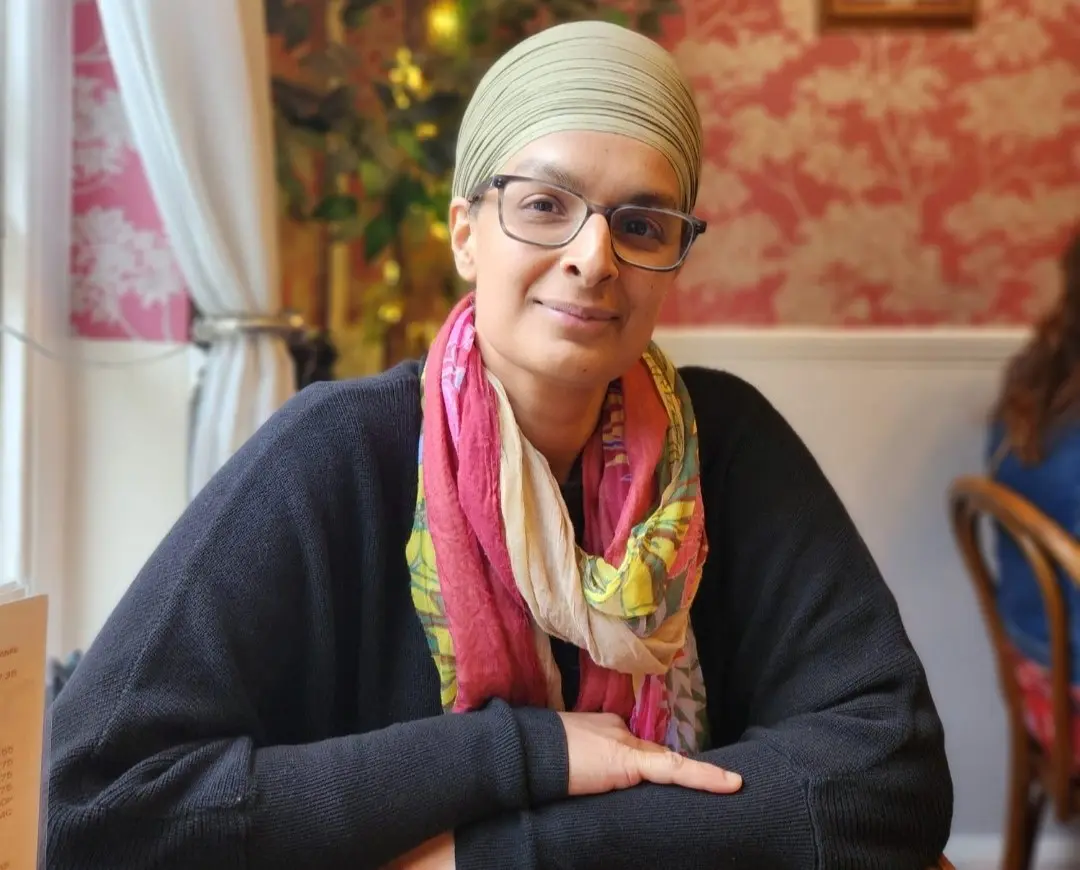
Parmjit Kaur Sandhu, Chaplain at The Myton Hospices, said:
What matters most to me when it comes to death and dying is acceptance, empathy and supporting loved ones through grief.
As a practising Sikh, I feel confident in how my faith approaches death. In Sikhism, death is God’s will, inevitable and unavoidable, so instead of fearing it, we focus on accepting loss and supporting each other. When someone dies, family and friends go to the Gurdwara to commence scripture readings. Funerals can be as simple or as elaborate as the person desires. A simple funeral will still be attended by the whole community as a sign of respect. Sikhs are cremated with prayers said during the service. While we’ve adapted some traditions, adding eulogies, spiritual music and photo slideshows, the fundamentals remain the same: praying for the departed soul and for the family’s comfort. After the cremation, prayers conclude at the Gurdwara, and everyone partakes in Langar, a communal meal.
Culturally, death and dying are less openly discussed. The community quickly rallies to support the bereaved, but we often shield young people from the realities of death. I wasn’t allowed to attend my first funeral until I was 19. Even today, many are unsure how to offer condolences, sometimes choosing silence out of fear of saying the wrong thing. But saying nothing can be even harder for those grieving. When my nan died recently, I made sure to prepare my older children for what to expect and gave them the choice to attend, hoping to break the silence that can surround death.
There’s a big gap between how my faith and culture approach death, but both ultimately centre on shared experience. True empathy often comes from having experienced loss yourself. It teaches you how to better support others.
Finally, no matter how much you plan or prepare, you can’t predict how you’ll grieve. It’s so important not to judge others and to allow everyone the space to mourn in their own way.
Lisa Evans, Marketing and Communications Volunteer at The Myton Hospices, said:
What matters most to me when it comes to death and dying is limiting the suffering, both for me and for my loved ones. I think everyone deserves comfort and peace in their final days as, after all, those are the last moments we experience.
That said, I also think what comes after matters more – for the people who are left behind and have to keep going. I care deeply about community, positivity and memories. When I die, I don’t want to take up unnecessary space or harm the planet. I see my body as just that – a body – and I’d much rather it be used for science than buried or cremated at great cost. I don’t want a funeral, but I’d love for people to get together and celebrate my life – ideally with a bit of laughter, not just tears.
For me, life is about the mark we leave on others and on the earth. If my death leads to trees growing or new friendships forming at my wake, that’s a legacy I’d be proud of!
And my final thought – someone’s going to need to keep an eye on my husband, because I know he won’t be great at coping without me!
Sharing our perspectives on death and dying helps us to understand each other and the different ways we all think about death, grief and remembrance.
We’re grateful to all our staff and volunteers who shared their personal insights and we invite you to reflect on what matters most to you when it comes to death and dying.


